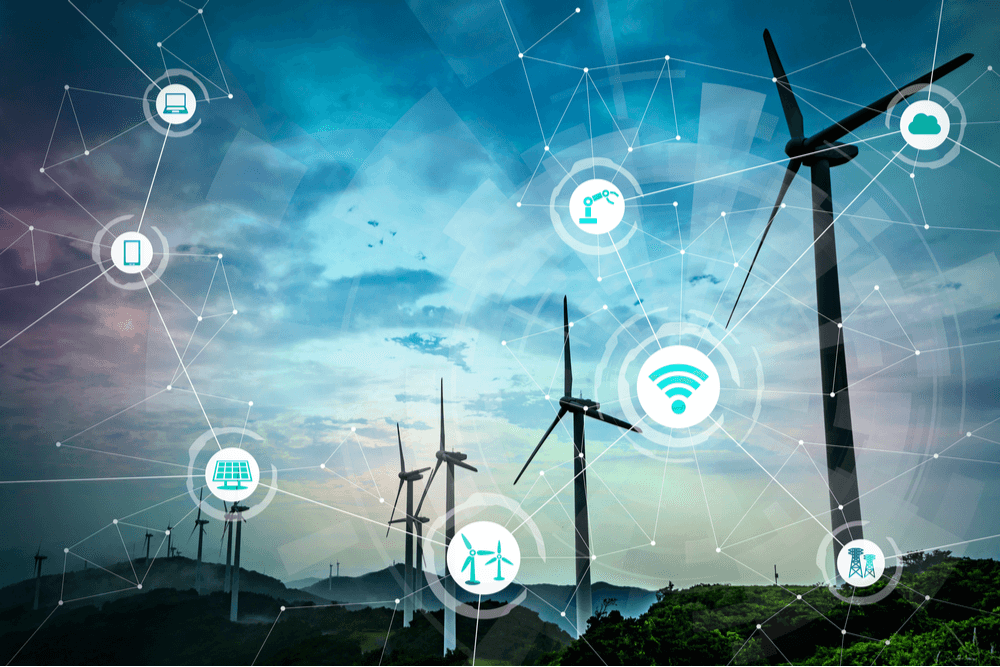Experts named the industrial sectors where Ukraine can grow within the Green Deal framework
These are biodiversity protection, sustainable agriculture (organic fertilizers and organic foods), clean energy (in particular, production and transmission of hydrogen), digital technologies, building materials and biofuels
Ukrainian businesses have the opportunity to receive financing from the EU under the European Green Deal (EGD), if they focus their efforts on the industries of priority significance for the EGD, a DiXi Group study, Investment Plans of the EU: Opportunities for Ukraine in the Area of the European Green Deal Implementation, says.
“Under the European Green Deal framework, the EU will mobilize €1 trillion of investments for sustainable projects and policies that will come from the EU and national budgets, private capital and loan guarantees. Half of this financing is expected to be provided from the next budget of the Union, the 2021-2027 Multiannual Financial Framework. Most of the EU financing under the European Green Deal will be available for member states – governments, private and nonprofit sectors, and individuals,” the experts say.
Nevertheless, they believe that there still are ways for the Ukrainian businesses to get involved.
“One of such ways is to identify the areas where additional exports of goods or services will be needed, facilitate Ukraine-EU trade, and attract additional foreign investments in the national economy. As the EGD prioritizes certain areas, European businesses and governments will drive demand in biodiversity protection, sustainable agriculture, clean energy, sustainable industry, building and renovating, sustainable mobility, eliminating pollution, circular economy and digital technologies,” the think tank’s experts note.
“With regard to the potential of Ukrainian businesses, as well as the EU needs, possible areas for growing exports and attracting more investments are biodiversity protection, sustainable agriculture (organic fertilizers and organic products), clean energy, in particular hydrogen production and transportation, digital technologies, construction materials, and biofuels,” DiXi Group emphasizes.
For the Ukrainian private sector, this means a need to follow the progress of the EU member states in developing strategic plans and other policies related to renewable energy sources, digital services, climate plans; identify and research markets with low self-sufficiency in resources needed to implement these plans; assess investment options for developing relevant projects; invest in new production technologies to improve the quality of materials to be imported to the EU; and research opportunities for potential partnerships with the EU market players in the defined areas.
The experts stress that further growth of Ukrainian exports to the EU and the increase of foreign investments in the national economy largely depend on cooperation between the government and the private sector.
“For the Ukrainian government, this means a need to follow on the EU policy progress in the defined sectors; identify opportunities, such as the set targets that the European countries aim to achieve and inform businesses and business associations in Ukraine of existing opportunities, supporting them by all means; monitor changes in the EU regulation on imports of goods and services in the defined areas and inform Ukrainian exporters; and develop regulatory framework where necessary to align with the EGD policies,” DiXi Group maintains.
It is worth reminding that the European Green Deal is a package of internal policies and legislative initiatives for EU manufacturers. This program is aimed to make the European continent carbon neutral by 2050, and it concerns, first of all, the industrial and agricultural sectors.









